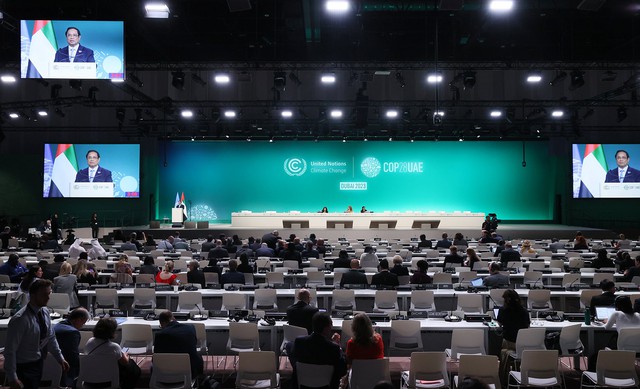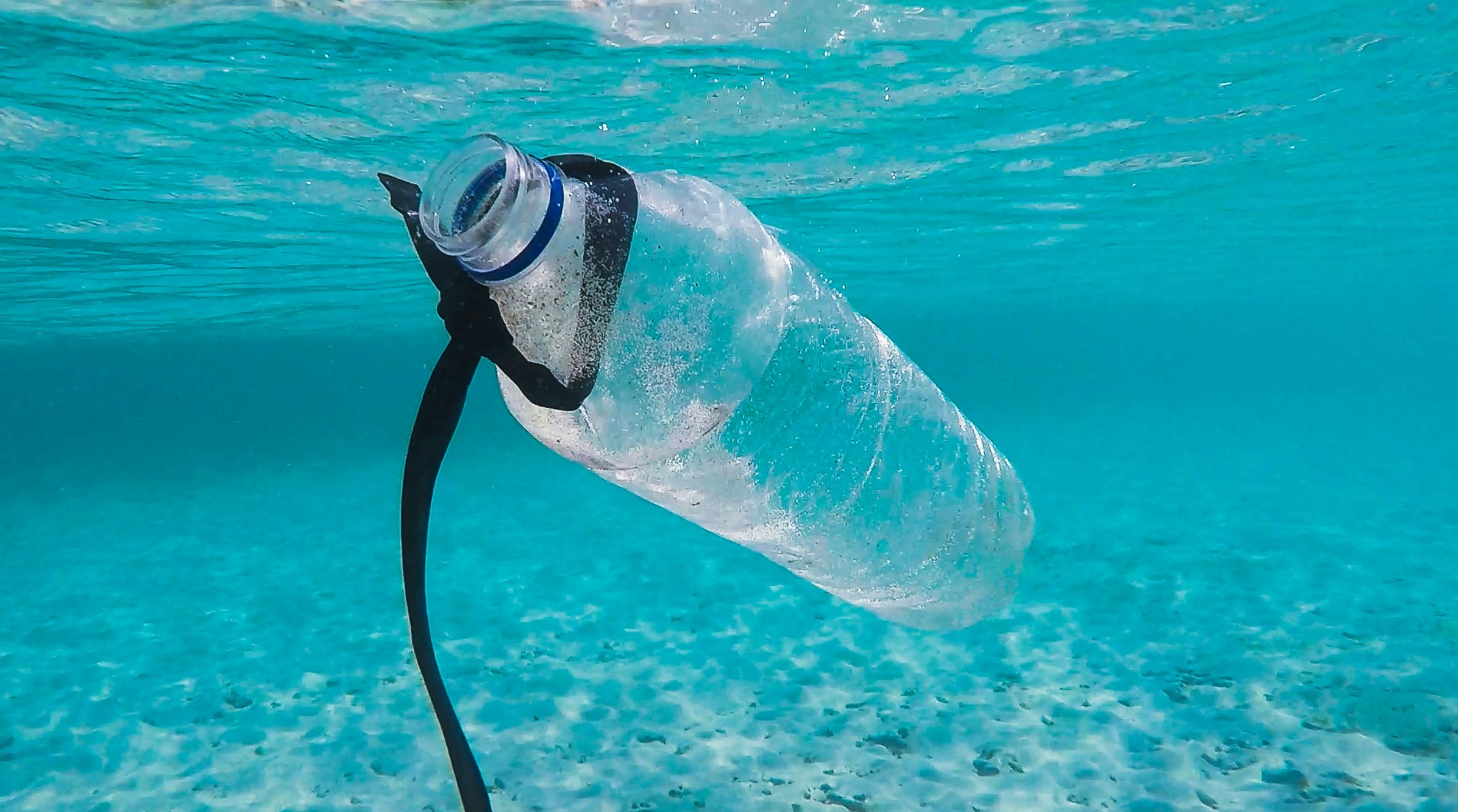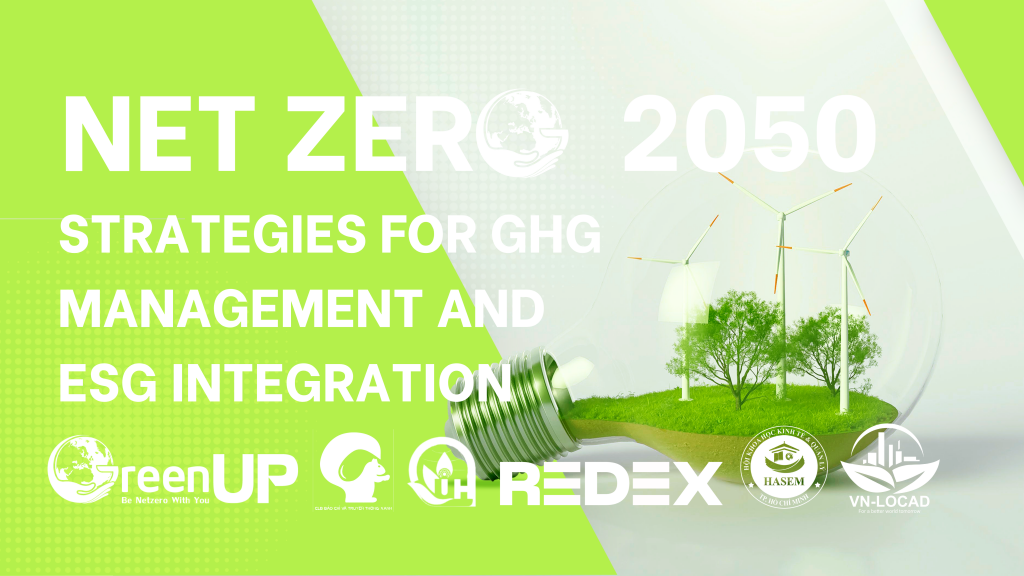Introduction The Joint Crediting Mechanism (JCM) is a pioneering approach to achieving global emissions reductions through bilateral cooperation. Established to facilitate the transfer of green technology from developed to developing nations, JCM helps participating countries achieve their emission reduction targets effectively. As a leader in sustainable development, I-REC and carbon credit solutions, GreenUP supports initiatives…
Author Archives: GreenUP Team 🌏
Introduction Carbon credits are a critical tool in the global effort to combat climate change, allowing businesses and individuals to offset their carbon emissions by investing in environmental projects around the world. However, the effectiveness and credibility of these credits hinge on a rigorous certification process. This certification ensures that each credit represents a genuine,…
Introduction In an era where sustainability and ethical practices are increasingly at the forefront of business strategy, ESG ratings have emerged as a vital tool for evaluating corporate behavior and impact. ESG ratings delve into three pivotal areas: the environmental footprint of a company, its social responsibility, and the governance standards it upholds. These ratings…
Introduction Waste-to-Energy (WtE) projects represent a critical intersection of waste management and renewable energy production. By transforming the organic and inorganic waste materials that would otherwise populate landfills into various forms of energy, these projects offer a pragmatic solution to the dual challenges of waste surplus and energy scarcity. WtE technologies such as combustion, gasification,…
Introduction Cookstove credits are a form of carbon credit specifically designed to support the distribution and use of clean and efficient cookstoves in developing regions. These credits are generated through projects that replace traditional, inefficient, and polluting cooking methods (like open fires or basic stoves using solid fuels) with cleaner technologies. This article explores the…
Introduction In the fight against climate change, achieving carbon neutrality stands as a critical milestone for organizations worldwide. Carbon neutrality means balancing emitted carbon with an equivalent amount removed from the atmosphere, essentially reducing the net carbon emissions to zero. In response to this urgent need, the United Kingdom developed PAS 2060 by the British…
Introduction Climate change poses one of the most significant global challenges of our time, threatening ecosystems, human health, and economies around the world. Central to understanding and combating climate change is the use of Greenhouse Gas (GHG) Inventories—a systematic way to measure the emission of gases that trap heat in the atmosphere, contributing to global…
Introduction In an era where sustainability is more than a buzzword, the fight against plastic pollution has taken center stage. Plastic pollution is a big problem for our oceans, and a lot of the plastic waste ends up there from the land. Ocean-bound plastic (OBP) is plastic waste that’s likely to get into the ocean…
Introduction Climate change represents one of the most significant challenges of the 21st century, with carbon emissions being a major contributor to this global issue. In response, innovative strategies such as carbon offset and carbon inset have been developed to combat the growing carbon footprint of individuals, corporations, and nations alike. These methods provide a…
In a significant stride towards sustainable development, GreenUP recently played an important role in organizing the “Strategies for GHG Management and ESG Integration” seminar. This event, a collaborative effort with the Vietnam Center for Low Carbon Development (VN-LOCAD) and Ho Chi Minh City Association of Science for Economy and Management (HASEM), was designed as a…
















